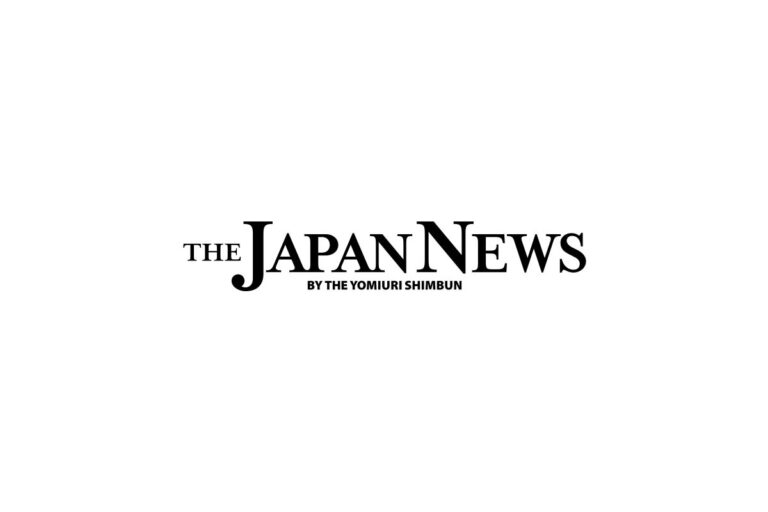[ad_1]
December 30, 2023 13:59 (Japan time)
The Japan Individual Savings Account (NISA) investment system, which exempts profits from small investments from tax, is scheduled to be significantly expanded from the beginning of next year. It is hoped that this will help people learn about finance and economics, which will lead to stable asset formation.
The NISA program was established in 2014 to help direct personal financial assets, which tended to take the form of cash reserves or bank deposits, into investments. This is a system in which profits from the sale of investment trusts and stocks are exempt from tax for a certain period of time.
The new program would make this permanent, with an unlimited tax-free period and higher annual investment limits. To ensure that the system is not biased towards the wealthy, the lifetime investment amount will be capped at 18 million yen.
The main purpose of this system is to revitalize the economy by channeling household assets to companies through the stock market, but another major purpose is to support people’s asset building in the era of so-called 100-year lifespans.
In order for the new system to grow, it is important to create an environment where people can invest with peace of mind.
Japan’s household assets exceed 210 trillion yen. The bulk of this is cash and bank deposits, a much higher proportion than in Western countries.
After the bursting of the bubble economy in the 1990s, Japan’s stock market suffered from a long period of stagnation. The current situation is that many people suffer losses when investing in stocks, and many people are worried.
It is important to make the public aware that investments involve certain risks, disseminate information about investment considerations, and provide decision-making tips to help people avoid pitfalls as much as possible.
In order to address these issues, a new authorized organization will be established next spring to promote financial and economic education through collaboration between the public and private sectors. The government, the Bank of Japan, the Japanese Bankers Association, and other organizations have taken steps to disseminate financial knowledge. However, such activities will be consolidated within the new organization.
In addition to developing investment-related educational materials, the new organization will act as an independent organization to train and certify advisors who provide customer-centered advice. We also provide a wide range of services such as dispatching instructors to corporate seminars and events.
Since the implementation of the new curriculum guidelines in 2022, financial education at high schools has been strengthened, and financial institutions are increasingly offering on-site lectures by their staff. There is a need to strengthen financial education efforts targeting a wide range of generations, from young people to the elderly.
At the same time, a change in mindset on the part of financial institutions is also necessary. A number of inappropriate sales practices have been discovered, including selling complex financial products to elderly people with limited financial knowledge and frequently soliciting people to buy and sell financial products solely for the purpose of earning commission income.
For financial education to take hold, it is essential that financial institutions become more customer-oriented and increase consumer trust.
(From Yomiuri Shimbun December 30, 2023)
[ad_2]
Source link


